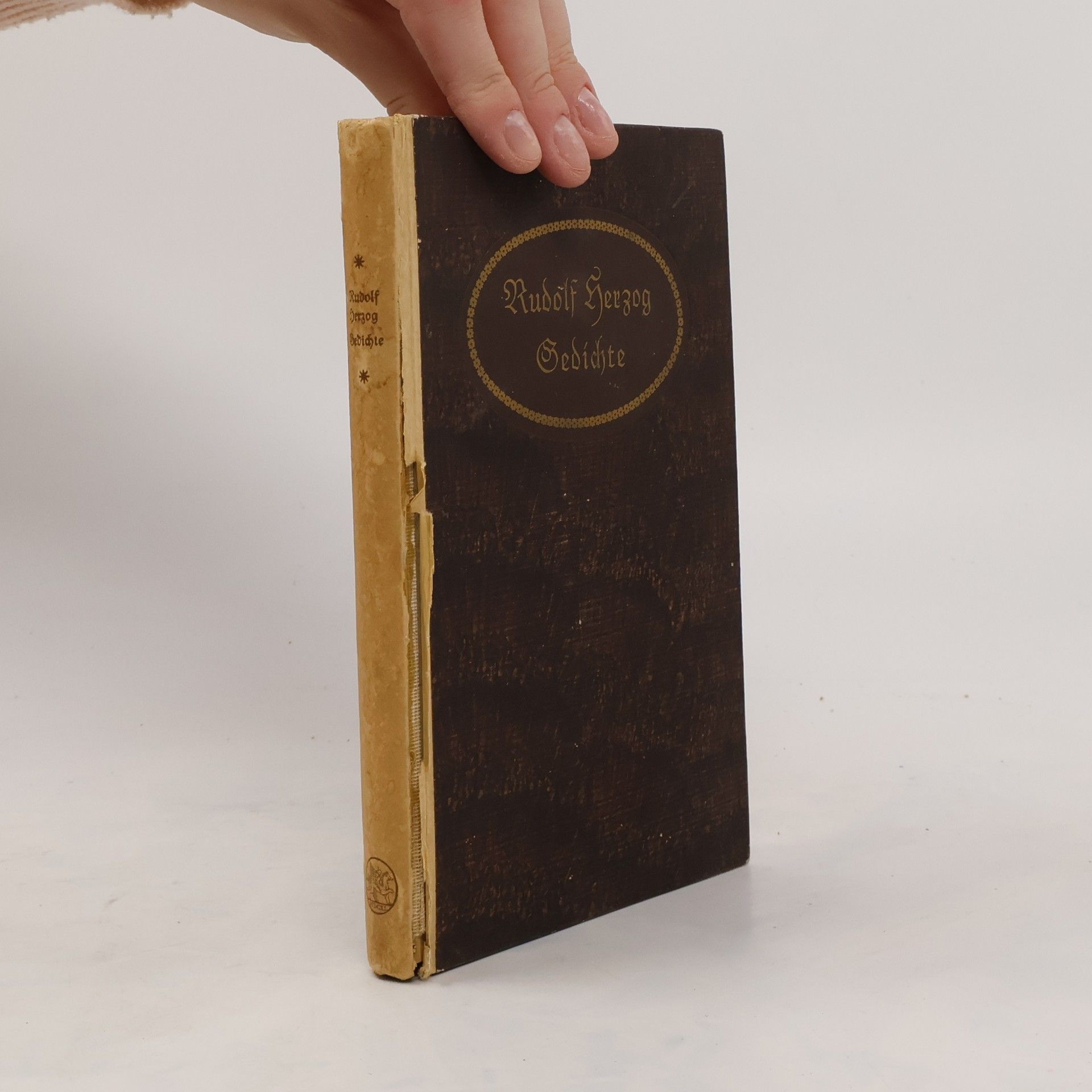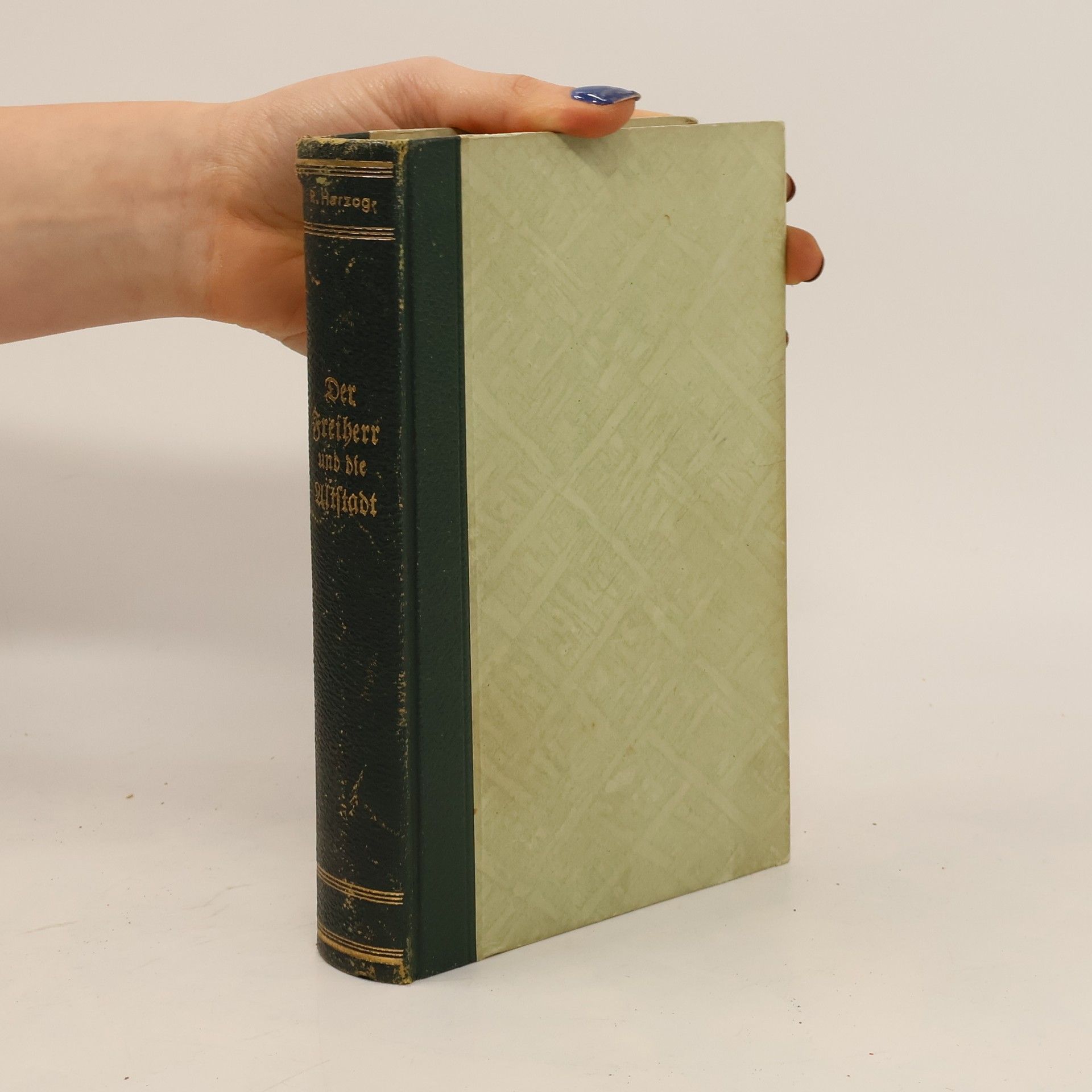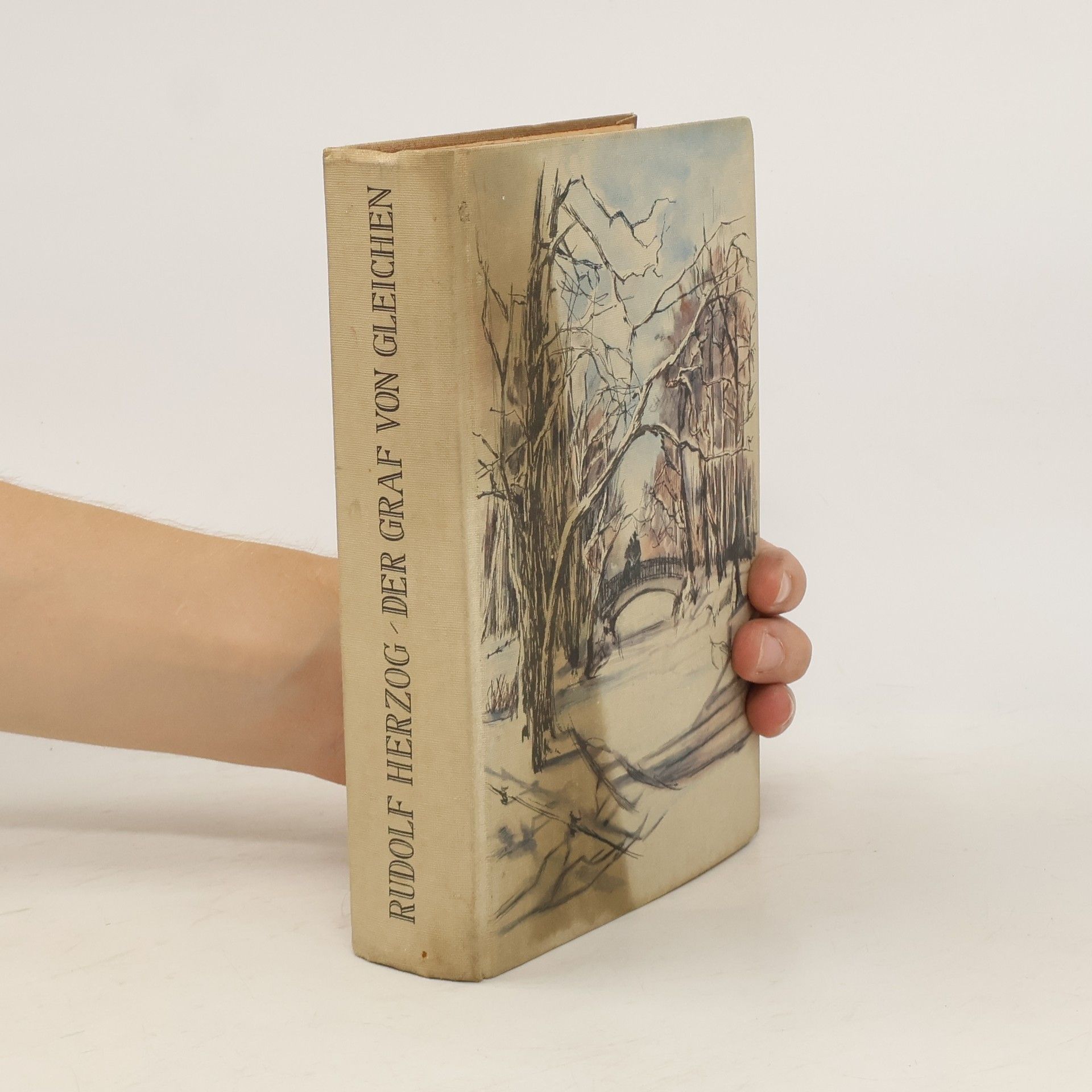In Nazi Germany, telling jokes about Hitler could be deadly, raising the question of whether it is acceptable to laugh at him. This debate persists in Germany today, as many struggle to approach the Third Reich with satire without seeming to trivialize the Holocaust. Yet, a rich history of jokes about the Nazis exists. Rudolph Herzog reveals that the portrayal of Hitler as “ridiculous” was not a post-war phenomenon; early in Nazi rule, many Germans mocked Hitler and other officials. This history is both fascinating and chilling, covering the suppression of the anti-Nazi cabaret scene in the 1930s, jokes shared during WWII, and the whispered quips published after the war. The collection highlights the grim reality that many Germans were not entirely under Nazi propaganda's spell; they were aware of the concentration camps, which were also subjects of humor during the war. Herzog's work challenges the post-war narrative that people were oblivious to Hitler's actions, asserting instead that Germans were informed, occasionally joked about the regime, and ultimately failed to take action.
Rudolf Herzog Knihy
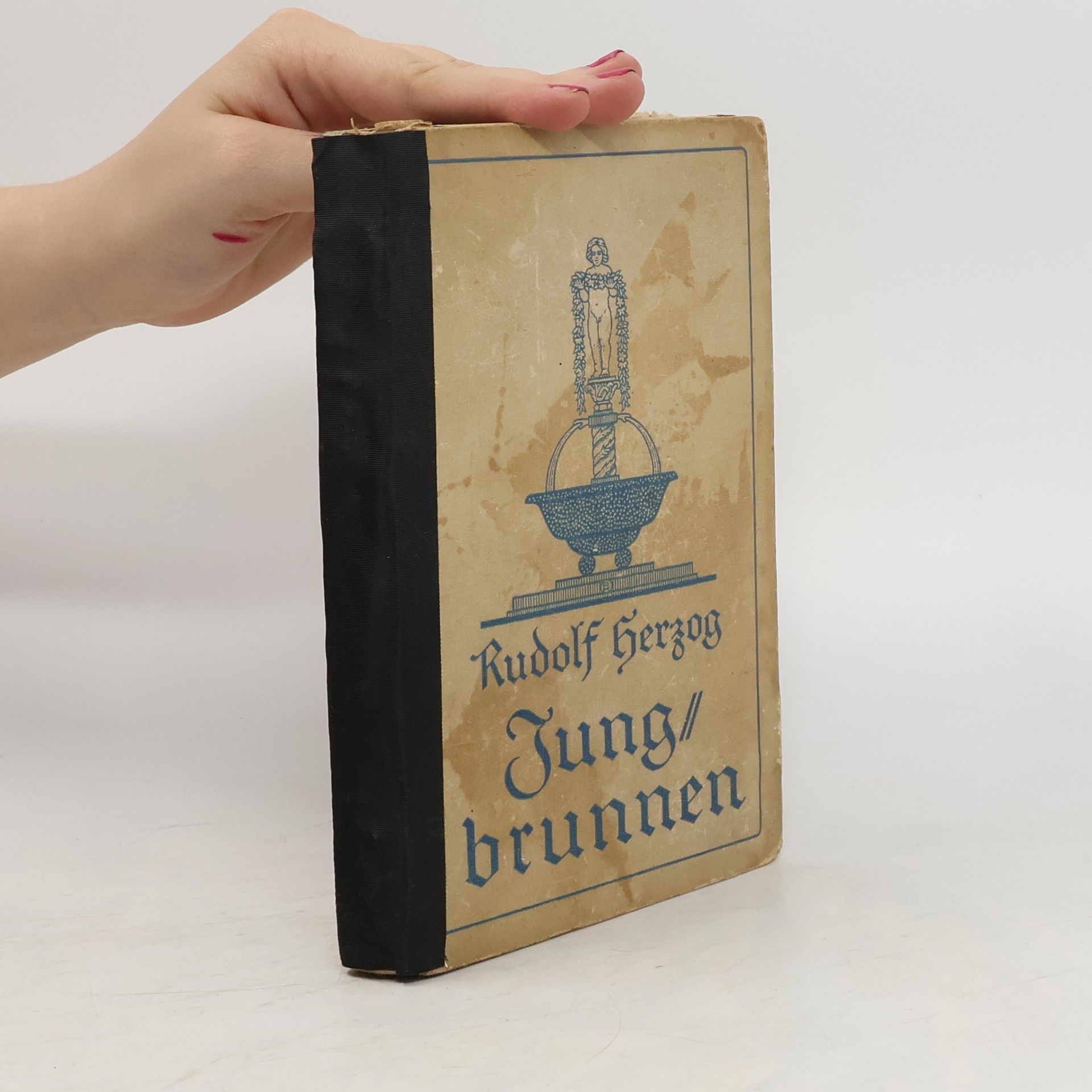
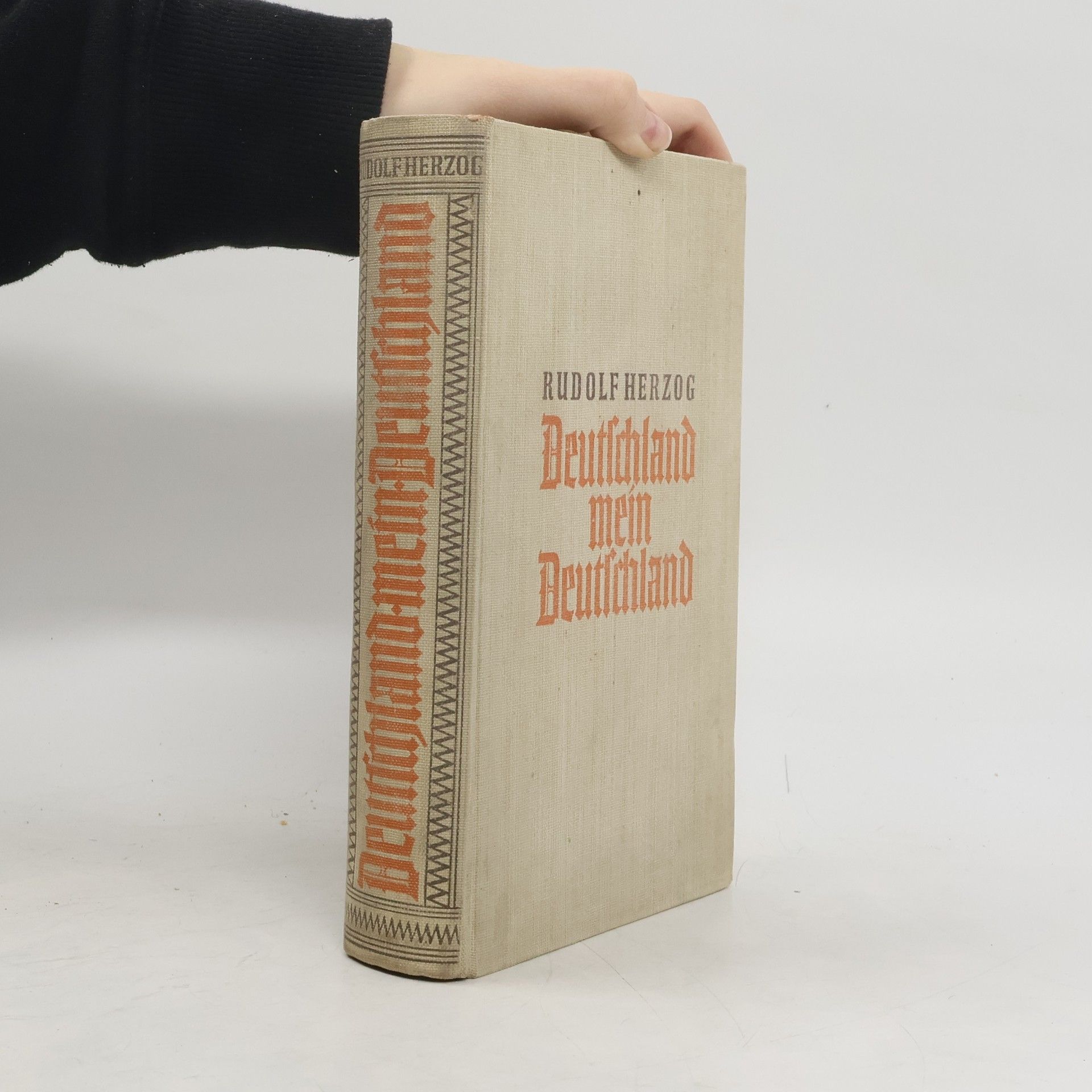


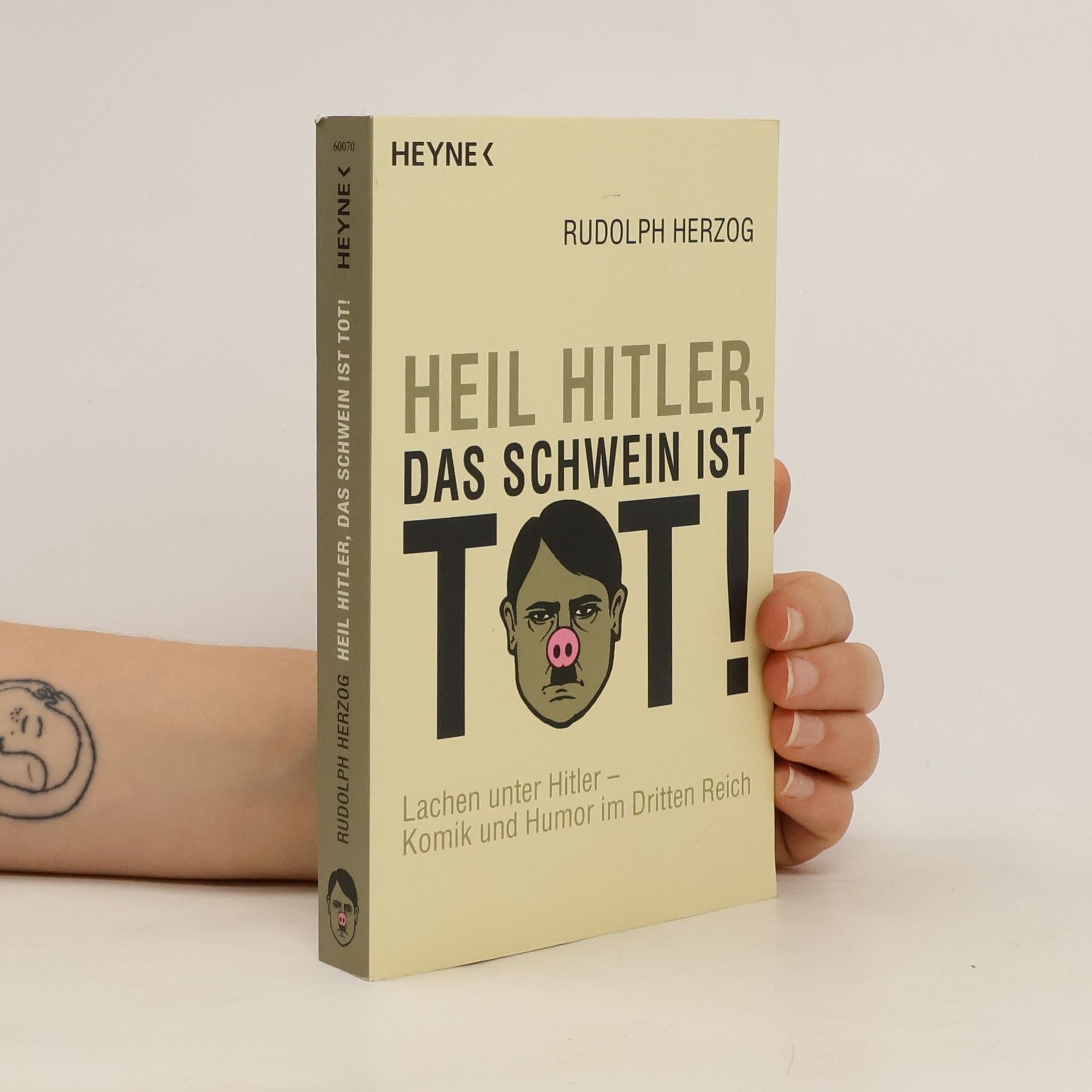
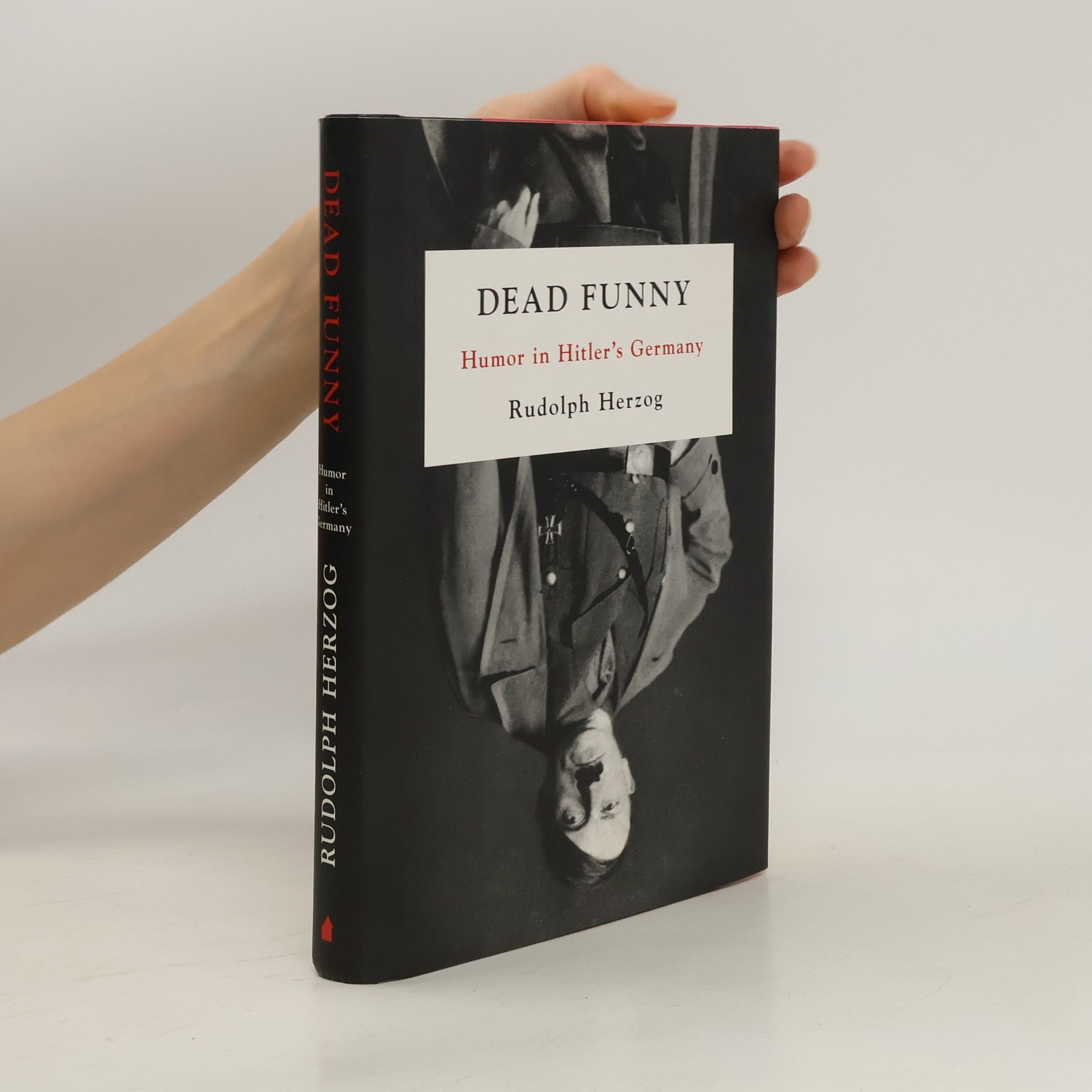
Heil Hitler, das Schwein ist tot!
- 266 stránek
- 10 hodin čtení
Das erste umfassende Buch über Komik und Humor im Dritten Reich Natürlich wurde im Dritten Reich gelacht, wenn auch auf sehr unterschiedliche Weise. Vom diffamierenden Witz der Nazis über die eher harmlosen Flüsterwitze bis zum bitteren Spott der Verfolgten: Rudolph Herzog beleuchtet alle Bereiche. Seine Analyse des Humors im Nationalsozialismus gibt einen tiefen Einblick in die wahren Befindlichkeiten der sogenannten Volksgemeinschaft.
Der verstrahlte Westernheld und anderer Irrsinn aus dem Atomzeitalter
- 253 stránek
- 9 hodin čtení
Eine Bilanz des Schreckens zeigt die alarmierende Realität der Atomtechnologie und die Gefahren, die von unkontrollierbarem atomaren Material ausgehen. Die Menschheit hat seit Fukushima erkannt, dass Atomtechnologie niemals vollständig beherrschbar sein wird. Viele sind sich jedoch der enormen Mengen an atomarem Material, das weltweit existiert, und der fahrlässigen Handhabung, die oft noch praktiziert wird, nicht bewusst. Während anfängliche Unkenntnis dazu führte, dass ganze Regionen unbewohnbar wurden und bizarre Experimente durchgeführt wurden, liegt die gegenwärtige Gefahr in der schieren Menge an Material, dessen Standort oft unbekannt ist. So ist beispielsweise eine Wasserstoffbombe im Eis vor Grönland verloren gegangen, und Schätzungen zufolge fehlen weitere 30–40 Kernwaffen. In Kasachstan liegen große Mengen waffenfähigen Materials ungesichert auf Testgeländen. Rudolph Herzog zieht eine erschreckende Bilanz und beleuchtet die kurze, aber verheerende Geschichte des menschlichen Umgangs mit atomarem Material. Der Atomausstieg in Deutschland erscheint vor diesem Hintergrund als unzureichende Maßnahme. Herzog verdeutlicht die Dringlichkeit eines öffentlichen Bewusstseins für diese globale Problematik.
Truggestalten
- 240 stránek
- 9 hodin čtení
Eine junge amerikanische Künstlerin entdeckt Blutflecken, die spurlos verschwinden, während ein Kreuzberger Hipster das Unheimliche in seiner Wohnung ahnt. Der Manager eines Start-ups wird von einem Fiebertraum geplagt, der sich mit der Vergangenheit überschneidet. In dieser modernen Metropole Berlin, die von Neuankömmlingen und Investoren geprägt ist, gibt es eine tiefere, unheimliche Schicht. Die Stadt, reich an Geschichte, war Zeugin bedeutender gesellschaftlicher Umbrüche, vom Kaiserreich über das Dritte Reich bis hin zum Kalten Krieg. In sieben miteinander verwobenen Episoden werden die Protagonisten des neuen Berlins von der Geschichte eingeholt, spüren ein unheilvolles Nachwirken, das nicht zu heilen ist. Der Autor Rudolph Herzog präsentiert mit diesem Werk sein erstes belletristisches Buch, das voller Absurditäten und düsterer Überraschungen steckt. Kritiker heben hervor, dass das Buch eine ähnliche Funktion für das moderne Berlin übernehmen könnte wie Ingo Schulzes "Simple Storys" für die Vergangenheit. Die Erzählungen sind abgründig, raffiniert und unterhaltsam, und Herzog belebt das oft unterschätzte Genre der Schauergeschichte, indem er das Übersinnliche und Unterschwellige der Großstadt auf eindringliche Weise einfängt.
Jungbrunnen
Novellen
